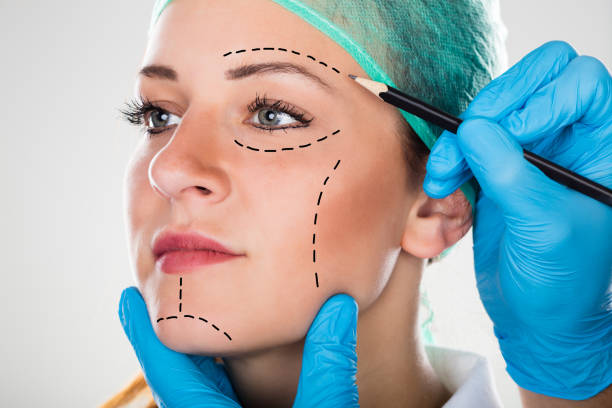Plastic and Cosmetic Surgery

Plastic and Cosmetic Surgery
Plastic and Cosmetic Surgery are two related but distinct fields of surgery that focus on reconstructing or enhancing the appearance of the body.
Plastic Surgery
Definition: Plastic surgery involves reconstructive procedures aimed at restoring form and function to parts of the body affected by injury, illness, congenital defects, or other conditions.
Key Features:
- Reconstructive Surgery: Procedures that restore appearance and function after trauma, cancer surgery, or congenital anomalies (e.g., cleft lip and palate repair, breast reconstruction).
- Burn Repair: Treatment and reconstruction of injuries caused by burns.
- Hand Surgery: Repairing injuries and conditions affecting the hands and upper extremities.
- Microvascular Surgery: Reattaching or reconstructing tissues and organs using microsurgery techniques.
Cosmetic Surgery
Definition: Cosmetic surgery focuses on enhancing or improving the appearance of specific body parts for aesthetic reasons.
Key Features:
- Procedures: Common cosmetic surgeries include:
- Breast Augmentation or Reduction: Enhancing or reducing breast size.
- Rhinoplasty: Reshaping the nose.
- Liposuction: Removing excess fat from specific areas of the body.
- Facelift: Reducing wrinkles and sagging skin to create a more youthful appearance.
- Tummy Tuck: Removing excess skin and fat from the abdomen.
Differences
- Purpose: Plastic surgery primarily aims to restore function and appearance after trauma or congenital issues, while cosmetic surgery focuses solely on enhancing appearance.
- Insurance Coverage: Reconstructive procedures may be covered by insurance, whereas cosmetic procedures are usually elective and not covered.
Training
Surgeons in both fields complete a residency in general surgery followed by specialized training in plastic surgery. Board certification in plastic surgery ensures a surgeon’s training and expertise in both reconstructive and cosmetic procedures.

